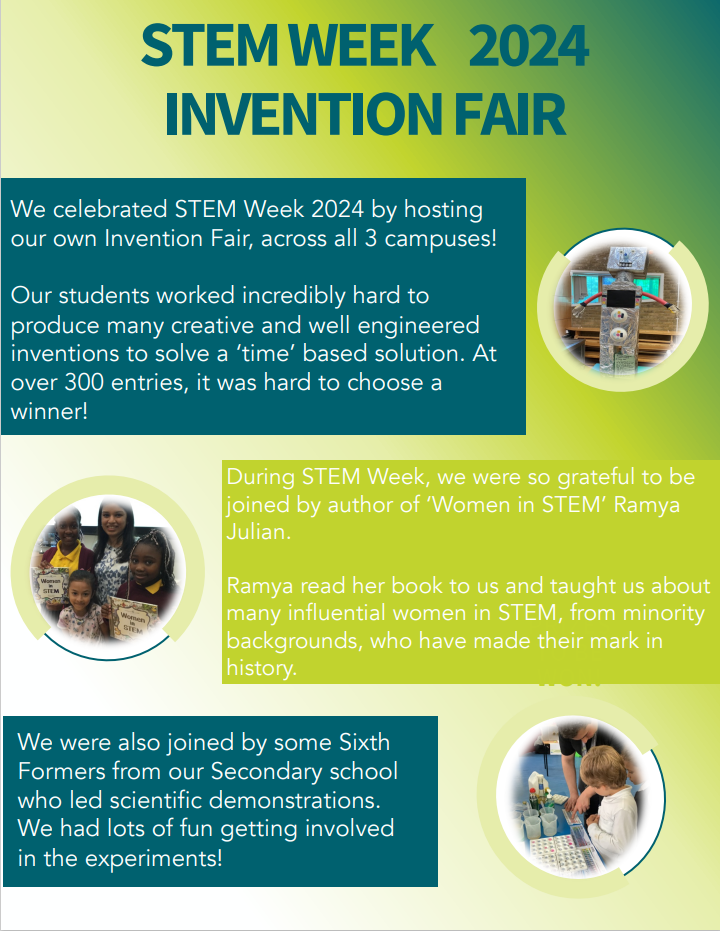The Koinonia Federation’s vision for science is to ignite pupils' curiosity and encourage them to confidently explore and discover the world around them, so that they develop a deeper understanding of the world we live in.
At St Mary Magdalene, we have designed our science curriculum to enable our children to develop their knowledge and equip them with the skills that they need to understand the natural world around them. Through the acquisition of key scientific principles, our curriculum promotes scientific enquiry and curiosity to further our pupil's passion for science and prepare them for society in an ever-expanding, scientific and technological world.



Click here to view our science curriculum overview
Our curriculum is built on the National Curriculum, programmes of study. Topics are sequenced through EYFS to Year 6, ensuring that learning is scaffolded and children are building on previous learning. As children progress through the school, we explore the 5 types of scientific enquiry through research and practical investigation, these are:

As well as working within the classroom, science lessons provide a great opportunity to explore our local environment and work outdoors. In addition to local field-work, we are also fortunate enough to take our classes to our science labs in the secondary phase.



In our EYFS, children are taught through the Understanding the World area of learning in the EYFS framework. Children are provided with opportunities to explore the natural world around them and make observations based on their environment. Our provision encourages children to think critically and incites curiosity through practical investigation.




CLICK HERE to view the Koinonia Federation Curriculum Map.
AIMS
We aim to ensure children:
- Develop scientific knowledge and conceptual understanding through the specific disciplines of biology, chemistry and physics
- Are equipped with the scientific knowledge required to understand the uses and implications of science, today and for the future
- Develop understanding of the nature, processes and methods of science through different types of enquiry
- Develop a respect for all living things and the environments in which they reside
- Are equipped with the scientific vocabulary needed to articulate and extend their understanding



